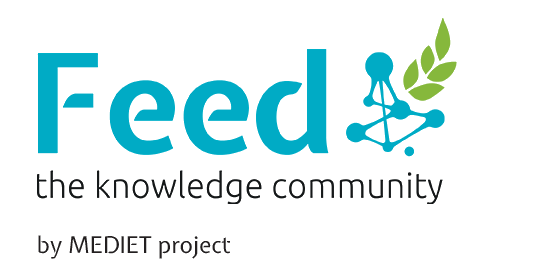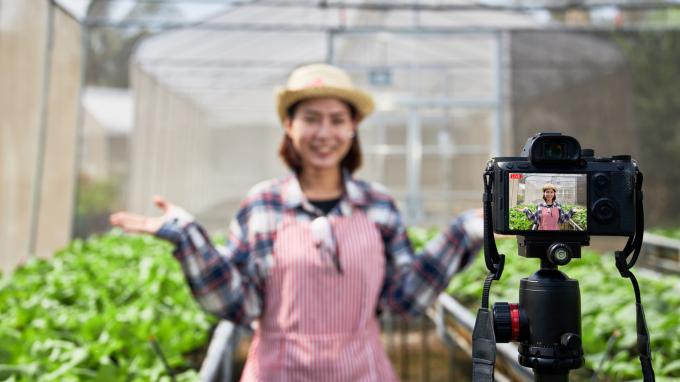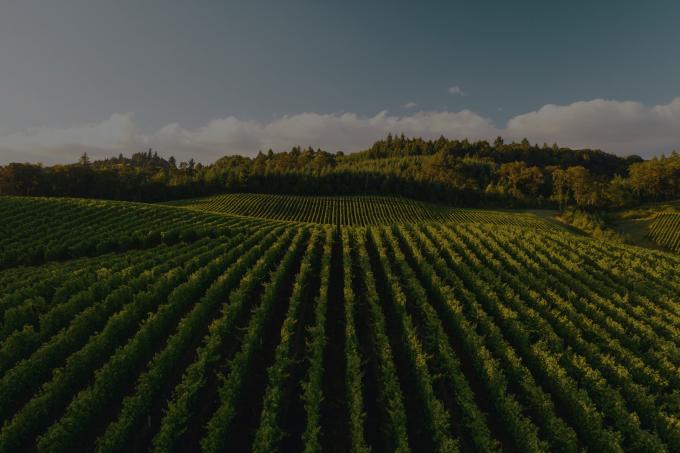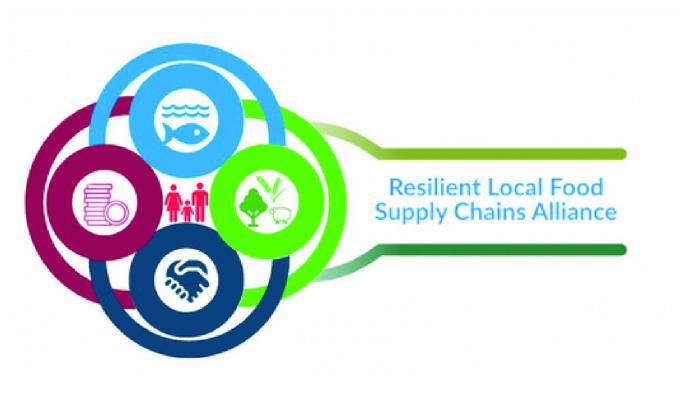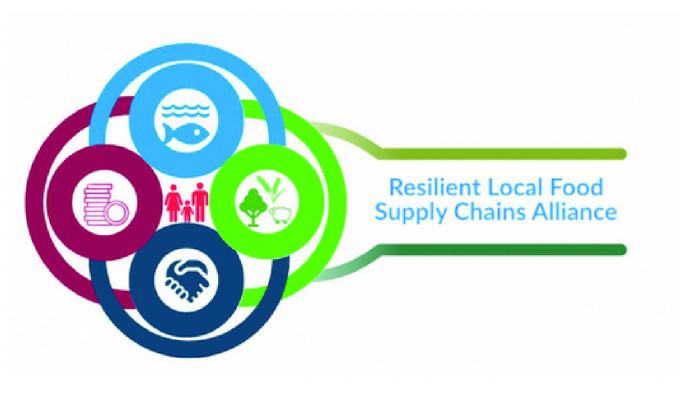Period
2000 - 2000
The GERT initiative targets the rural oasis of Tweizigtt, empowering women through the El Velah Association formed by local women to produce couscous. The group received training in the drying, preservation and quality of couscous using materials made by local artisans. The activities created 30 monthly jobs, enabling 30 families in the village of Tweizigtt to improve their living conditions and the sustainable development of the oasis. Women improve product quality through skill development and market access, contributing to local food security and sustainable development.
You must be registered to see all the content
Identification needs
Mauritania has been affected by drought and desertification in recent years. Repeated cycles of drought and the resulting degradation of natural resources have both structurally and profoundly affected the productive capacities of the population.Therefore, the population often faces nutritional problems. Food security is closely related to often unfavorable rainfall conditions, especially in rural and agro-pastoral areas.The pastoral oases and valleys region of Mauritania includes part of the southeastern area of the state of Inchiri, part of western Adrar, and part of western Tagant. Thus, this region covers three states that fall into the category of the poorest states. This justifies the selection of this field by international organizations to combat malnutrition to contribute to the good control of the nutritional situation in the Islamic Republic of Mauritania.
Stakeholder change
In the Adrar region, towards Atar, is the small village of Tweizigtt. Located in the interior of Mauritania, this arid zone is characterized by low dietary diversity. With a predominantly female population, this village has undergone massive emigration to urban centers. In this context and due to the change, a group of women made up mainly of heads of families, widows or divorced women with several dependent children, took the initiative to organize themselves into a group or cooperative (El Velah Association) to pool their resources and their labor forces by working on processing of food products and the development of their lives. Faced with the lack of food diversity and the massive emigration of the population from the village of Tweizigtt, El Velah Association is working on the processing of agro-food products, in particular the production of couscous, from the processing of wheat to its marketing.
Change triggered
In general, the GERT project aims to improve the living conditions of women belonging to the cooperative by creating income-generating activities available to the poor, especially women, providing simple professional training on the machines needed to improve product quality, increasing the population's awareness of the possibility of settling in the rural environment and not migrating to major urban centers by creating an activity that constitutes a sustainable source of income. In the long run, the acquisition of technical knowledge can allow them to compete in the local market thanks to the quality of production and marketing of the product in other cities within the country.
Short description
Couscous is a symbolic dish of North Africa for the Maghreb countries such as Algeria, Morocco, Mauritania and Tunisia. To address illiteracy and support the food diet, the GERT project has assisted women's cooperatives (El Velah Association in Tweizigtt) to produce couscous.Thanks to this project, women's cooperatives in Tweizigtt have succeeded in improving living conditions and contributing to the food security of the oasis. Tweizigtt women have demonstrated their ability to organize themselves and respond to changes in local demand. Today, cooperatives contribute to food security despite the import of the raw material, i.e. wheat. The group received training in the drying, preservation and quality of couscous using materials made by local artisans. The activities carried out by these cooperatives (thanks to the GERT project) created 30 monthly jobs, allowing 30 families in the village of Tweizigtt to improve their living conditions and the sustainable development of the oasis.
